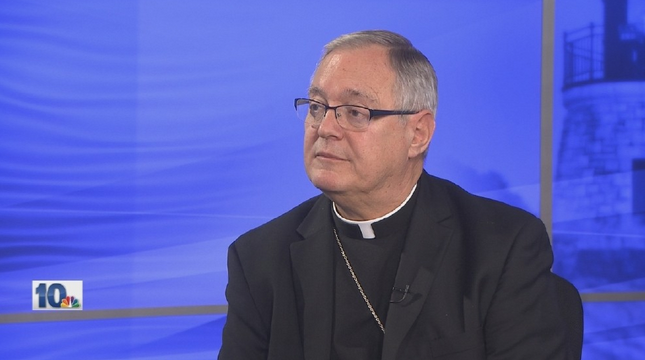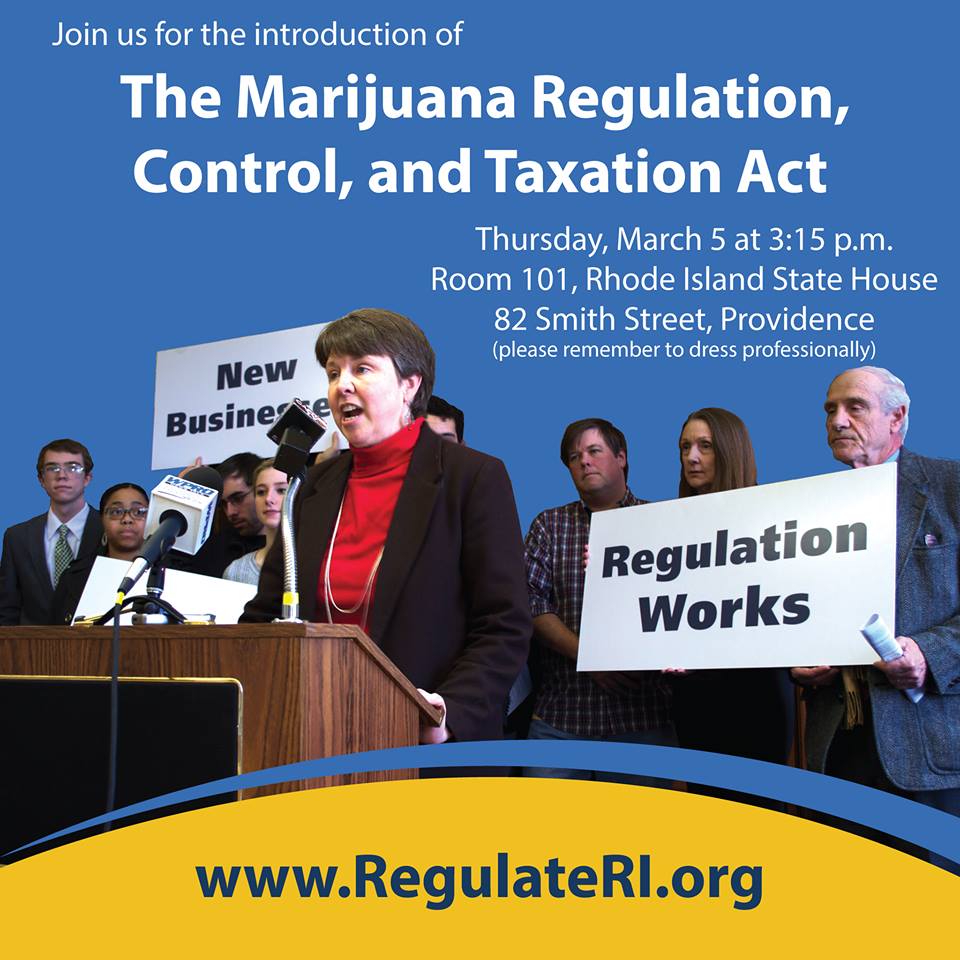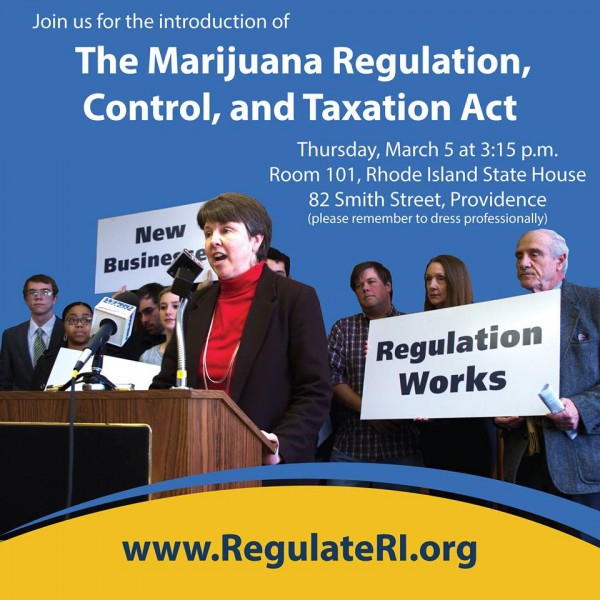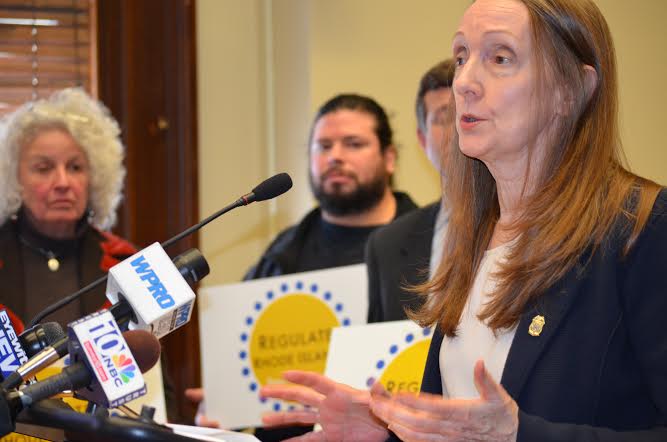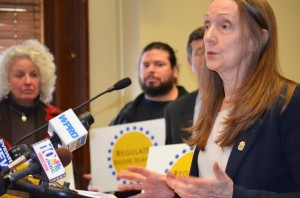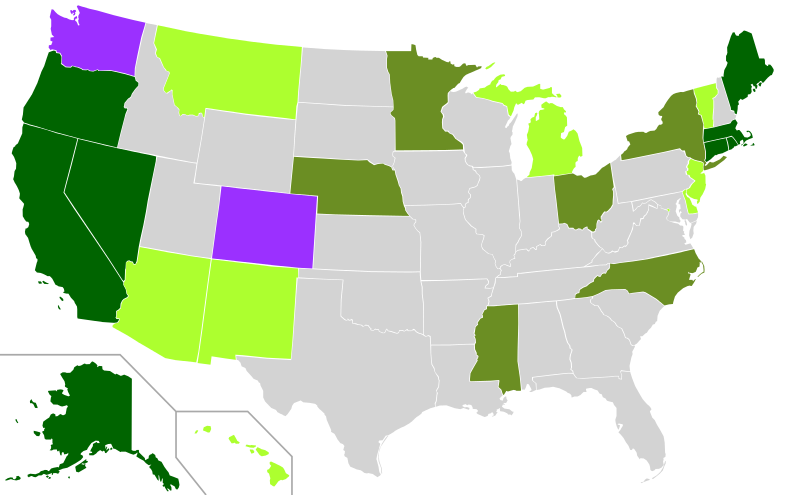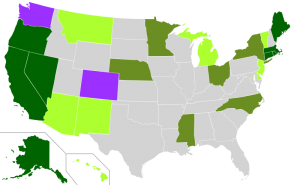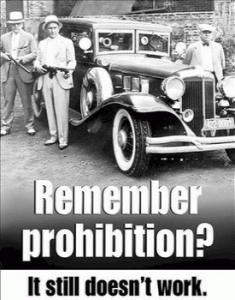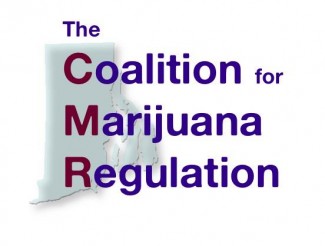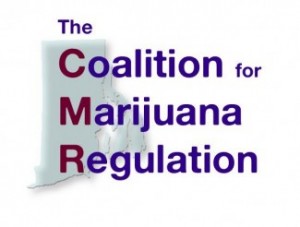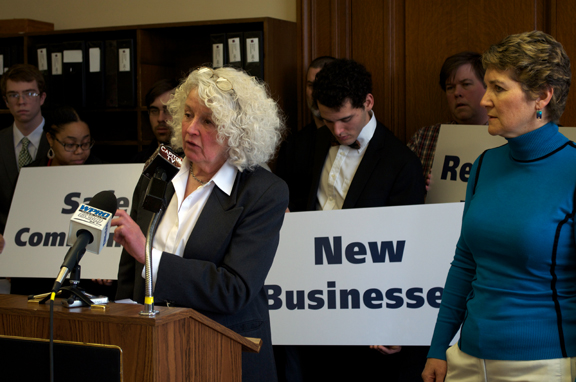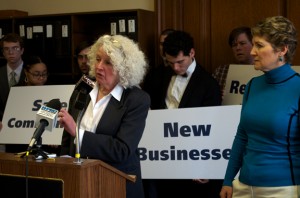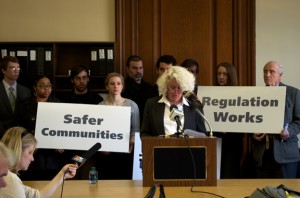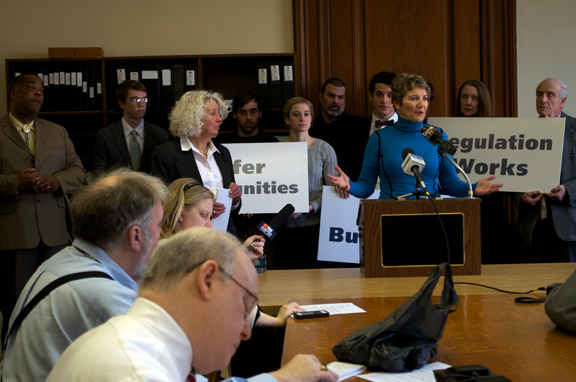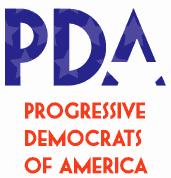Rev. Alexander Sharp, of Clergy for a New Drug Policy, wrote this open letter to Bishop Thomas Tobin, the head of the Catholic Church in Rhode Island who recently asked state legislators in a blog post not to make marijuana legal.
Dear Bishop Tobin,
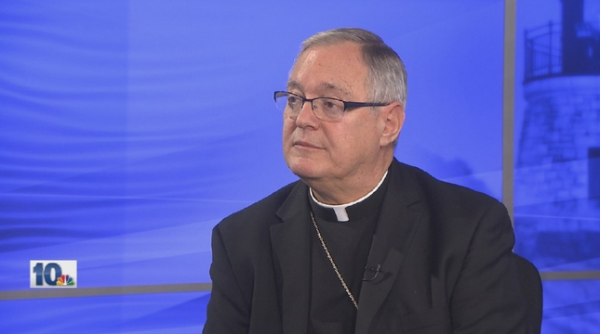 On May 10, you asserted in a public commentary that all drug use is sinful and immoral. You urged state legislators to reject the legalization of marijuana. As a member of the Protestant clergy, I reach a very different conclusion.
On May 10, you asserted in a public commentary that all drug use is sinful and immoral. You urged state legislators to reject the legalization of marijuana. As a member of the Protestant clergy, I reach a very different conclusion.
We read the same Bible, worship the same God, and seek to follow the teachings of Jesus. What, then, explains where we differ, and why? You acknowledge that a case, which you do not refute, can be made for the recreational use of alcohol. Marijuana is far less dangerous than alcohol, yet you do not attempt to justify this double standard.
You then quote the Catechism of the Catholic Church: “The use of drugs inflicts very grave damage on human health and life.” You cite the words of Pope Francis two years ago: “Drug addiction is an evil, and with evil there can be no yielding or compromise.”
The reality is that we live in a drug-using society. Most of us consume some kind of drug on a regular basis: alcohol, caffeine, tobacco, prescription drugs, or marijuana. The question that challenges us both, then, is how to respond to the possibility that drug use can become addictive. Sadly, your understanding of addiction is incomplete and outdated.
In 1971, Richard Nixon declared a War on Drugs. In the early 1980s, Ronald Reagan became its general. His wife Nancy was credited with the famous phrase “Just Say No” as the path to avoiding addiction.
We can be grateful that medical science today has helped us to understand more about the complexities of addiction than we did in the era of Ronald Reagan. In light of current knowledge, the War on Drugs is immoral. “Just Say No” seems simplistic, even fatuous.
Addiction is far less about the properties of an individual drug than the inner pain that causes a user to seek temporary relief. This inner pain is, more often than not, the “gateway” to drug abuse, not any particular substance. That’s why not just drugs, but certain kinds of behavior, can become addictive — gambling, sex, the internet, shopping, and even food.
Most people who experiment with drugs move beyond them. You speak of our youth as ‘immune to reality with their electronics – hoodies on, heads down, ear buds in…” But most of the “zombie youth” you deride will outgrow this behavior. It’s this kind of being out-of- touch that leads to youth not paying attention to adults’ advice in the first place.
In December, I participated in a conference in Providence’s Gloria Dei Cathedral. Police, physicians, and clergy addressed the impact of the War on Drugs. One of the panelists, a former president of the Rhode Island Medical Society, noted that about 10% of those who use drugs run a serious risk of addiction. About half of those will avoid addiction through treatment. It is the remaining 5% we must worry about.
Medical experts are determining that trauma and profound stress are the primary, though certainly not only, causes of addiction. Trauma and stress can take many forms, ranging from sexual abuse to acute loneliness and isolation. Pope Francis is correct when he notes a connection between addiction and extreme poverty.
People struggling with addiction are, most often, neither sinful nor weak, as increasingly outdated moral teachings would have us believe. The phrase “self-medication” is not an accident. Arresting people with an addiction is morally wrong and does nothing to alleviate their underlying pain.
My Christian faith also tells me that punishment and “tough love” are rarely the best way to change behavior. We are most likely to reach others when we respond to them with care, compassion, mercy, respect, and honesty. This is what Jesus did. Condemnation was not his instrument of change.
We are living in the dawn of a new drug policy in this country. It is called harm reduction and is based on the tenets that drugs can never be completely eliminated and that we should help drug users without insisting on abstinence. At least 35 states now have needle exchange programs as a life-saving means of avoiding HIV/AIDS and Hepatitis C.
In opposing marijuana legalization, you are complicit in the failed and immoral War on Drugs. In Rhode Island, which has already decriminalized marijuana, you are nevertheless supporting fines on poor, most often young people, who can ill afford to pay them, and may face lifetime consequences as a result.
You refer derisively to “benign forms” of marijuana: “cookies, brownies, and mints” in states where it is legal. But isn’t this safer than leaving our youth to sellers in back alleys who sometimes offer toxic, adulterated marijuana, and are happy to provide the harder drugs.
Most importantly, in continuing to focus on marijuana legalization, you are distracting attention and resources from what we both fear most – the dangers of addiction. We share the common purpose of reducing the harm of drugs in our society, but we differ on the means. Your commentary is clever and engaging, but ultimately it is wrong.
Yours in Faith,
Rev. Alexander E. Sharp
Executive Director
Clergy for a New Drug Policy

